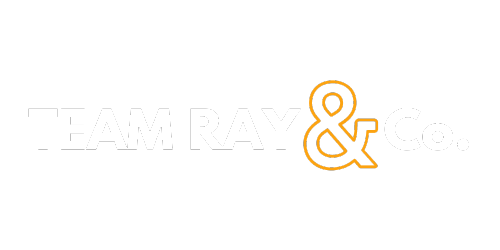Essential Documents You Need When Selling Your House: A Beginner's Guide
Selling your house is an exciting but complex process that involves gathering and managing various documents. As a beginner in the world of real estate transactions, it’s essential to understand the key documents you’ll need to ensure a smooth and successful sale. In this guide, we’ll walk you through the essential documents you need when selling your house, making the process easier to navigate.
1. The Deed
The deed is a crucial document that proves you own the property and have the legal right to sell it. It transfers ownership from you to the buyer upon completion of the sale.
2. Sales Contract (Purchase Agreement)
The sales contract, also known as the purchase agreement, outlines the terms and conditions of the sale. It includes details such as the purchase price, closing date, any contingencies (like home inspections), and the responsibilities of both you and the buyer.
3. Disclosure Statements
Disclosure statements are important as they disclose any known issues or defects with the property. This could include past repairs, structural problems, or environmental hazards. Being transparent about these issues helps build trust with potential buyers.
4. Homeowner Association Agreements (if applicable)
If your property is part of a homeowner association (HOA), you’ll need to provide the HOA agreements. These documents detail the rules, fees, and restrictions associated with living in the community.
5. Home Warranty Information
If you’re including a home warranty in the sale, provide the buyer with the warranty information and coverage details. This can offer peace of mind to the buyer regarding potential future repairs or replacements.
6. Appraisal Report
An appraisal report determines the fair market value of your property. It’s essential during negotiations and financing processes to ensure the sale price aligns with the property’s value.
7. Home Insurance
Proof of current home insurance coverage is required. Include details of the coverage and contact information for the insurance provider.
8. Title Insurance
Title insurance protects the buyer and lender against any defects in the title or ownership of the property. Include the title insurance policy and related documents.
9. Settlement Statement
Also known as the closing statement or HUD-1 statement, this document details the financial transactions and fees involved in the sale. It includes closing costs, taxes, and prorated expenses.
10. Zoning Certificate
If applicable, provide a zoning certificate from local authorities. This confirms the property’s zoning status and any related restrictions.
11. Identity Proof
Both you and the buyer will need to provide valid identification, such as a driver’s license or passport, to verify identities during the sale process.
12. Mortgage Details (if applicable)
If there’s an outstanding mortgage on the property, include details of the mortgage lender, loan balance, and any payoff instructions or requirements.
By understanding and gathering these essential documents, you’ll be well-prepared for the selling process. It’s advisable to work with a real estate professional or attorney who can guide you through the documentation process and ensure a successful sale of your property. Happy selling!
FAQs
- How long does it typically take to sell a house?
The time it takes to sell a house can vary widely depending on factors such as market conditions, location, pricing, and the property’s appeal. On average, homes stay on the market for about 30 to 60 days, but it can be shorter or longer based on individual circumstances. - Do I need to make repairs before selling my house?
It’s advisable to address any major issues or repairs that could deter potential buyers. However, minor cosmetic updates and repairs may not be necessary, especially if you price the property accordingly or offer credits to buyers for future improvements. - How can I determine the right listing price for my house?
Working with a real estate agent is invaluable in determining the right listing price. They will conduct a comparative market analysis (CMA) to assess similar properties in your area, consider market trends, and factor in your home’s unique features and condition to recommend a competitive listing price. - What expenses should I expect when selling my house?
Selling a house incurs various expenses, including agent commissions, closing costs, title insurance, home repairs or staging, and potential transfer taxes. Your real estate agent can provide a detailed breakdown of these expenses to help you plan accordingly. - Can I sell my house “as is”?
Selling a house “as is” means you’re selling it in its current condition without making any repairs or updates. While this can attract buyers looking for a fixer-upper or investors, it may also result in lower offers. It’s essential to disclose any known issues upfront and price the property accordingly to attract the right buyers.




